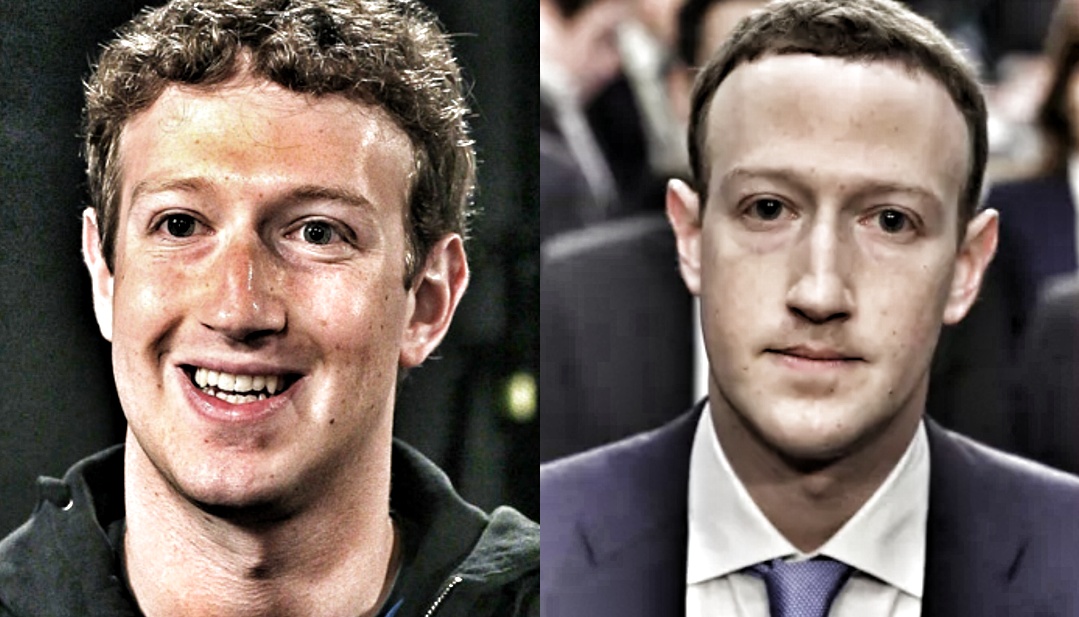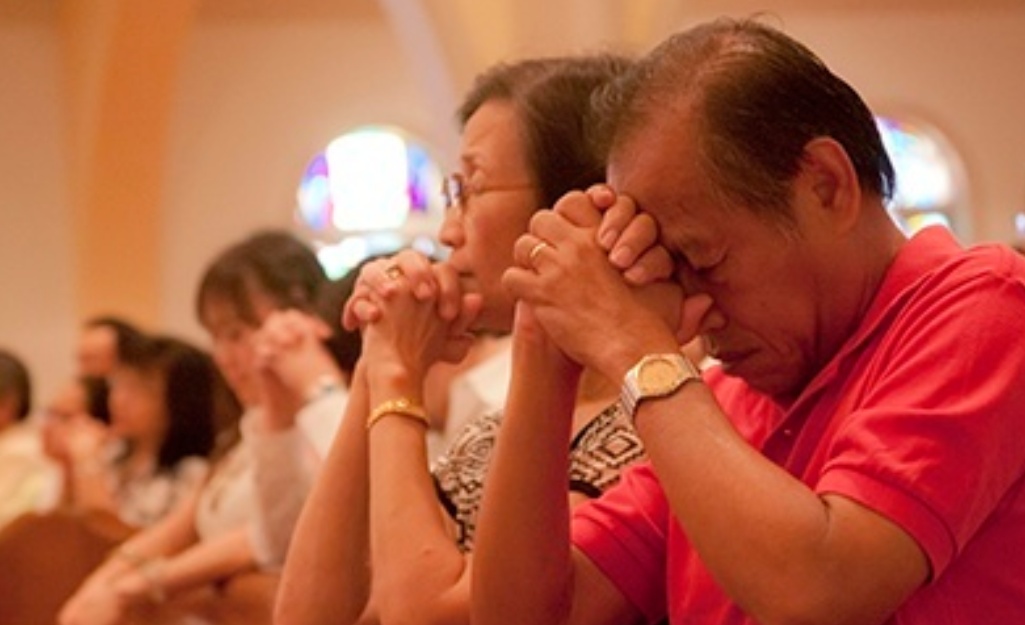
We are definitely overdue for a “Next Big Thing” innovation explosion of the sort that happened in the mid-2000s. Back then, social media came out of nowhere to seize the Net, Steve Jobs’s iPod and iPhone pulled the rug from under entire industries, and, over the course of all that, mainstream mass media (and, specially, “journalism”) descended into a crisis of relevance and credibility. An entire cottage industry of “social media expert” consulting gigs sprung up to fill the void and, since then, new “opportunities” and “crises” were manufactured — “citizen journalism”, “social good”, “curating”, “fake news”, etc. — to create a market that erstwhile did not exist and, since then, kept the “millennial” kids of these “consultants” well-fed with avocado smash breakfast treats.
All this, as it turned out, was an aligning of the planets in a lead-up to seminal national elections — the election of Barack Obama, the first African-American US president, in the 2008 elections in the US and the election of the Second Aquino President, Benigno Simeon ‘BS’ Aquino III, in the 2010 Philippine elections. Both presidents were regarded as shiny new products of campaigns mounted on these new technology platforms. Though not readily-evident at the time, both mainstream and social media collaborated with “civil society” and advocates of the “social good” to ensure the “good” candidates won. Both Obama and Aquino were celebrated as “evidence” that the future of humanity looked bright,
Fast forward to today, ten years hence, and the real challenge is now far more evident and the facts crystalline in their starkness. New research into Google search data has shown that the Obama presidency did not actually reflect any sort of decline in racist sentiment at the core of American society. As it turns out, traditional polling and survey methods and other techniques of evaluating public sentiment severely misled the Democratic campaign as the Obama term came to an end. History would later reveal that the presidential campaign of Donald Trump was right on the ball in the use of the newest techniques for sampling and analysing public sentiment.
In the Philippines, the ascendancy of liberal thought within social media echo chambers had also lulled the Old Guard of Filipino liberalism (i.e., the Yellowtards) into a false sense of security and moral ascendancy. But, unlike the US where social media prenetration into the political discourse was more mature, things were vastly different in the Philippine setting. Social media chatter surrounding the “goodness” of liberal notions like “equality”, “human rights”, and “freedom” were, as it turned out, largely confined within the chi chi crowds of radical university activists and private school iPad “social justice warriors” hanging out in their local Starbucks cafes. The vast majority of Filipinos continued to be glued to Eat Bulaga and, for those enjoying free Facebook access on their mobiles, subscribed to what was then the up-and-coming Facebook bloggers that were to become the vanguard of the campaign of then presidential candidate Rodrigo Duterte.
The way the liberals were misled by their own tunnel-visioned approach to understanding public sentiment was even more laughable because the writings on the wall were far more obvious in the Philippines. They seemingly forgot that only a tiny minority of Filipinos gave a shit about what they discussed on social media and even much less about the drivel they exchanged on Twitter. The Yellowtard narrative of heroic Aquinos being matyred on the tarmac and praying to Catholic gods for the next “revolution” imploded after three decades of holding a virtual monopoly over the national rhetoric.

Members of so-called “civil” society in the Philippines were just as fooled by what their obsolete polling tools told them, much the same way the Democrats in the mid-2000s latched on to the illusion that racism had declined in the US. The idea that Filipinos are no longer the “brutes” of yore who enjoyed the sight of their enemies bloodied and dead in a cogon field, are quick to laugh at jokes about ugly people, minorities, the disabled, old, fat and/or gay people, while keeping up pious appearances at Catholic masses dressed in their Sunday best, was, in fact, patently false. As such, it is now, with the benefit of hindsight, easy to see why the Liberal Party lost an entire nation in 2016. They mounted a fatal campaign that pitched candidates who embodied lofty liberal ideals that flew way above the heads of ordinary Filipino voters who only wanted better lives without the BS.
The world of cutthroat PR and and Internet-based campaigning has since moved on. The Russians and Chinese are on the ball employing Big Data to predict and influence the crowd. Facebook is in trouble thanks, ironically, to the very people and corporations that once benefited from the traffic it referred to their sites. Twitter has become Censorship Central. Now Google is the go-to for real data that is truly useful for understanding the Human Condition. Perhaps the Democrats have learned their lesson and are now getting onto the new tools as well. Are their counterparts in the Philippines just as chastened? Apparently not.
The Philippine Opposition led by the Yellowtards continue their old ways — chattering within their little Twitter cliques, ignoring and dismissing the competition, worshipping their self-appointed “heroes”, and fielding snowflake candidates like Florin Hilbay on suicide missions coming into the next national election. You wonder, really, how much they really understand what it takes to go up against a popular president like Duterte who enjoys a base of supporters that are nothing like the fantasy Filipino archetype the Yellowtards continue to fixate on.
Unlike those of the mid-2000s, the Next Big Things of today, ten years later, do not comprise a set of shiny consumer products brand “influencers” salivate over and social climbers wear on their sleeves. The Next Big Thing lies in relatively non-glamorous technology tools only the truly tech- and data-savvy are able bring to bear into “democracy” (which is now essentially an increasingly-outdated system of choosing “leaders” that is still based on a dubious credential: popularity). The all-consuming objective of achieving popularity in a democracy is perfect for these 21st Century tools at hand. Those who seek to influence the Vote only really need to answer the same questions: What do people want? The difference is that, unlike old-school polls, focus groups, and surveys, data collection now goes via channels where people reveal what they really think: Google searches, social media “likes”, “shares”, and “retweets”, and newsfeed scrolling behaviour.
Even without these tools, it is easy to see what Filipinos want, just the same. They just want a better life, one not necessarily underpinned by nebulous liberal notions like “human rights”, for example. The sooner the Philippine Opposition understand that simple fact and ditch the moronic rhetoric of the Yellowtards, the sooner they will start winning elections again.

No comments:
Post a Comment